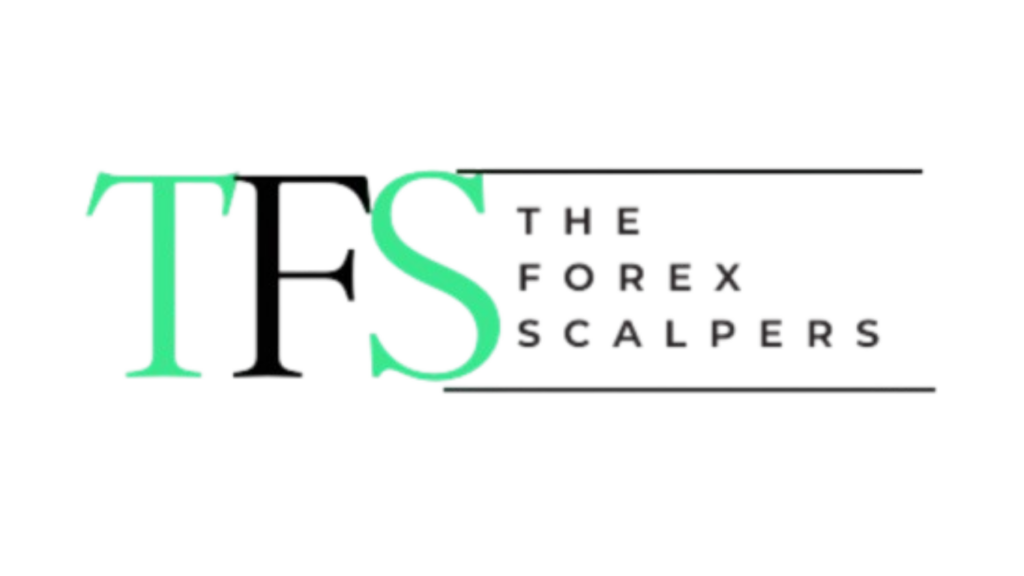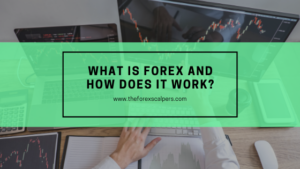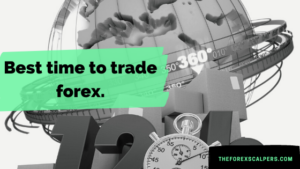CFD vs Futures
In the realm of financial markets, traders are continually seeking the best methods to capitalize on market movements. Among the myriad of options available, futures trading and Contracts for Differences (CFD) trading are prominent. Yet, despite their popularity, there’s a growing preference among many traders for futures over CFDs. This blog delves into the reasons why futures trading often gets the nod.
1. Regulation and Transparency / CFD vs Futures.
Futures markets fall under the watchful eyes of regulatory bodies like the Commodity Futures Trading Commission (CFTC) in the United States. This oversight ensures a level of structure and transparency not always found in CFD trading. The stringent regulations governing futures markets bolster market integrity and trader protection, whereas the lesser-regulated nature of CFDs in some jurisdictions might expose traders to opaque practices and higher risks.
2. Standardization
A key advantage of futures contracts is their standardization. Contract sizes, expiration dates, and settlement procedures are uniform, simplifying what traders are getting into. Conversely, CFDs lack this uniformity, with contract terms varying widely by broker, potentially leading to confusion.
3. Liquidity
The liquidity in futures markets, particularly for major contracts, is typically high, enabling smoother entries and exits at competitive prices. In contrast, CFD liquidity is more variable, heavily reliant on the underlying asset and the broker’s ability to provide it, which may not always align with the liquidity levels seen in futures markets.
4. Access to Major Exchanges and Products
Futures trading offers direct access to global exchanges and a diverse array of products, from commodities to currencies and indexes. This direct access is less certain with CFDs, which are broker-dependent and may not cover as broad a range of markets.
5. Price Discovery
Futures markets play a crucial role in price discovery, reflecting the consensus on asset values based on market sentiment and economic indicators. CFDs, as OTC products, lack this contribution to price discovery, with prices often derived from underlying markets, which can lead to discrepancies.
6. Counterparty Risk
In futures trading, the exchange serves as the counterparty to all contracts, significantly mitigating the risk of default. CFD trading introduces counterparty risk, with the broker acting as the counterparty, a consideration especially critical if the broker encounters financial difficulties.
7. Overnight Financing Charges
Futures contracts typically don’t incur overnight financing charges, as the cost of carry is integrated into the price. CFDs, however, often come with swap fees for holding positions overnight, impacting profitability, particularly for long-term trades.
8. Tax Considerations
Futures trading can offer more favorable tax considerations in certain jurisdictions, such as lower capital gains taxes or advantageous mark-to-market treatment. CFDs might not enjoy such benefits, with profits frequently taxed as income.
9. Hedging Capabilities
The standardized nature and liquidity of futures contracts make them ideal for hedging, allowing businesses and investors to manage risk effectively. CFDs can also be used for hedging but may be less suitable for precise risk management. Due to their lack of standardization and potential for slippage.
Conclusion CFD vs Futures.
Choosing between futures and CFDs hinges on individual trading objectives, risk tolerance, and market access desires. Futures trading, with its regulated, transparent, and standardized environment, often stands out as the preferable option for those prioritizing these characteristics. As the financial landscape evolves, understanding the nuances between these two trading methods becomes paramount in strategizing for success in the markets.
Join us
Joining our community opens the door to a network of enthusiastic traders, all focused on mutual success. Our exclusive members-only Slack channel is your arena for exchanging ideas, dissecting market trends, and fostering collaborations. That can turn trading visions into reality.
Because we don’t stop there. For those ready to take a significant step forward, we invite you to explore the opportunity with our proprietary trading firm. TFS Funding. This platform is designed for traders who are eager to leverage their skills on a larger scale. O ffering the capital and support needed to flourish in the markets.
Don’t let another moment pass in hesitation. Embark on your journey to trading excellence today by enrolling in our courses, engaging with our community, and seizing the opportunity with TFS Funding. It’s time to transform your trading dreams into your reality.
Join TFS Funding Here – Unlock the door to advanced trading opportunities. And elevate your skills to the professional level with TFS Funding.
Join our courses and community today and take your skills to the next level!
Elevate Your Trading with ATAS.
So for those dedicated to mastering the art of futures trading, ATAS is more than a platform. It’s a partner in your journey towards trading excellence. Its blend of sophisticated analysis tools, customizable features, and supportive community. This makes ATAS the recommended choice for traders aiming to leverage the full potential of the futures market.
Are you looking for a Trusted Regulated Broker?
TheForexScalper recommends you join ICMARKET which is regulated and the most trusted broker. They provide very tight raw spread account with fast execution and having multiples deposit and withdrawal options.









